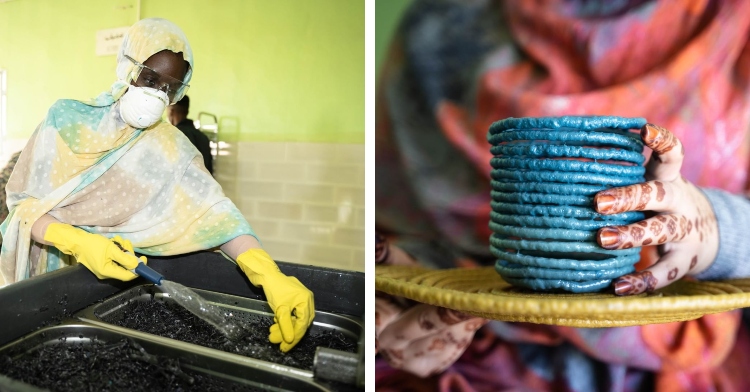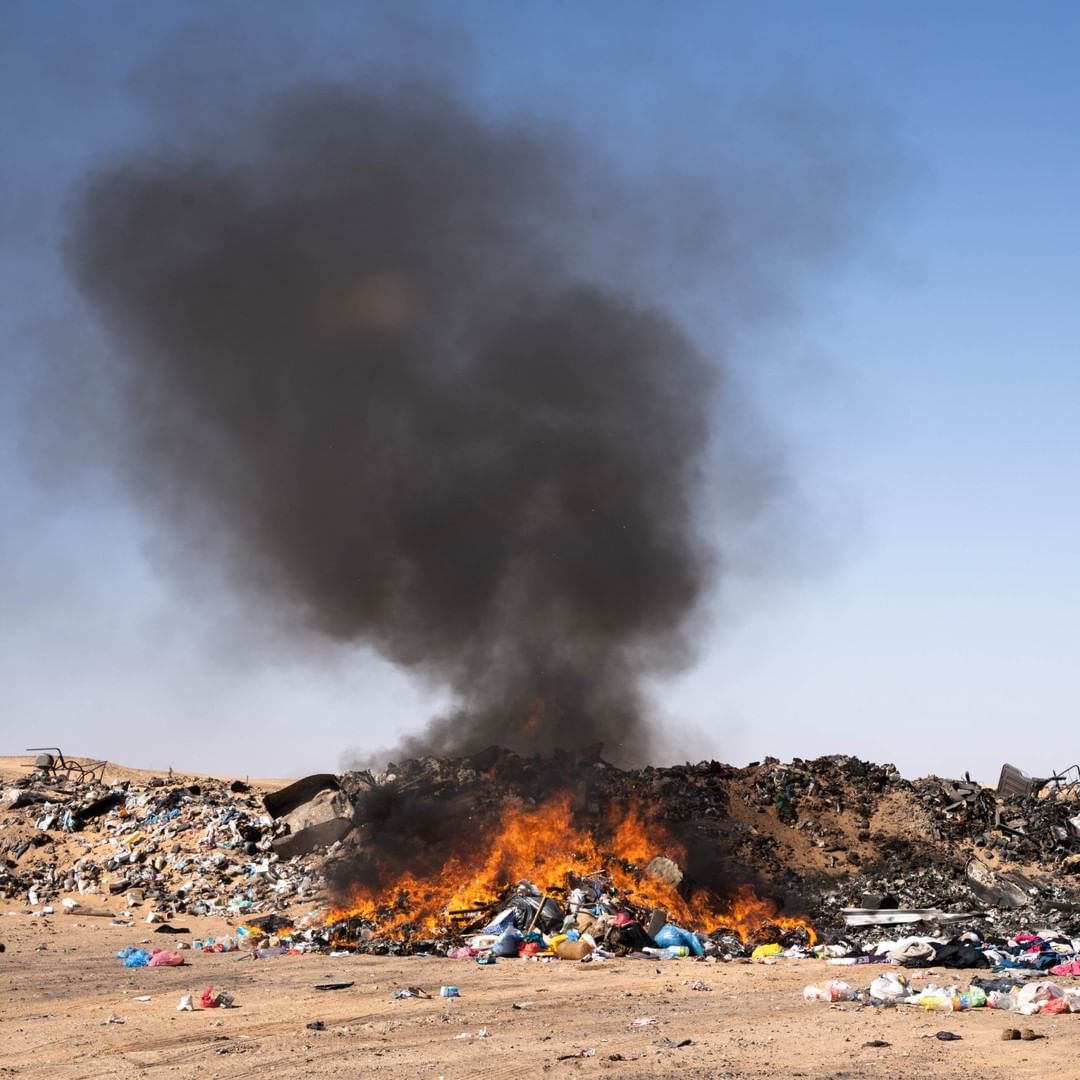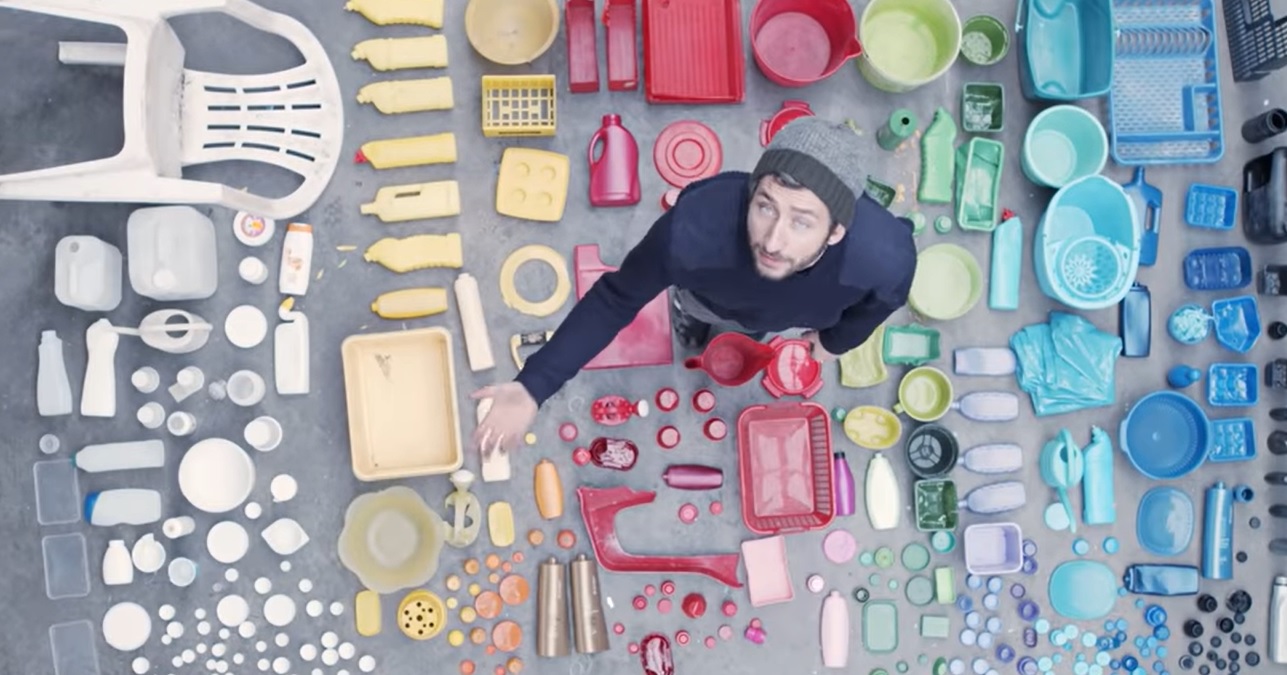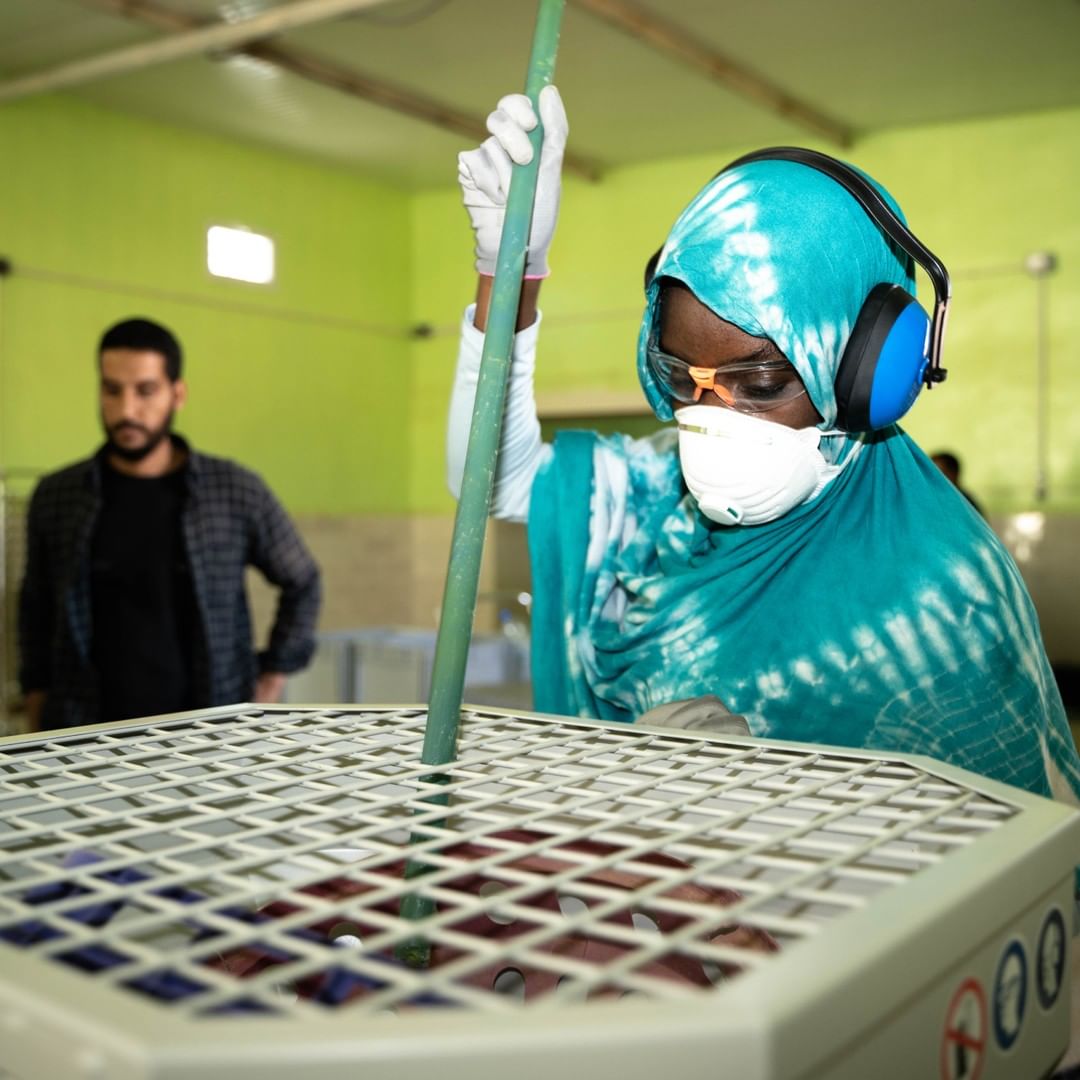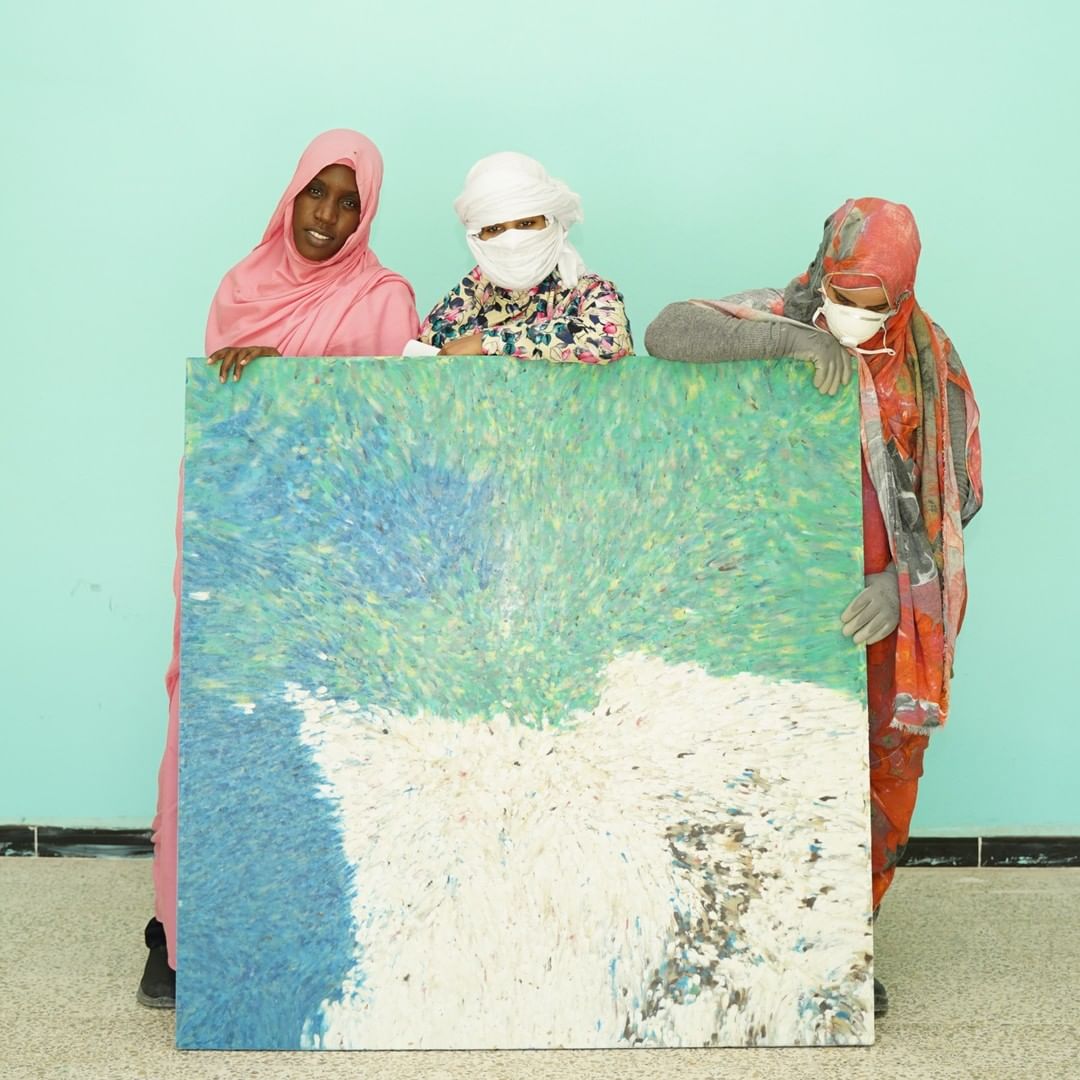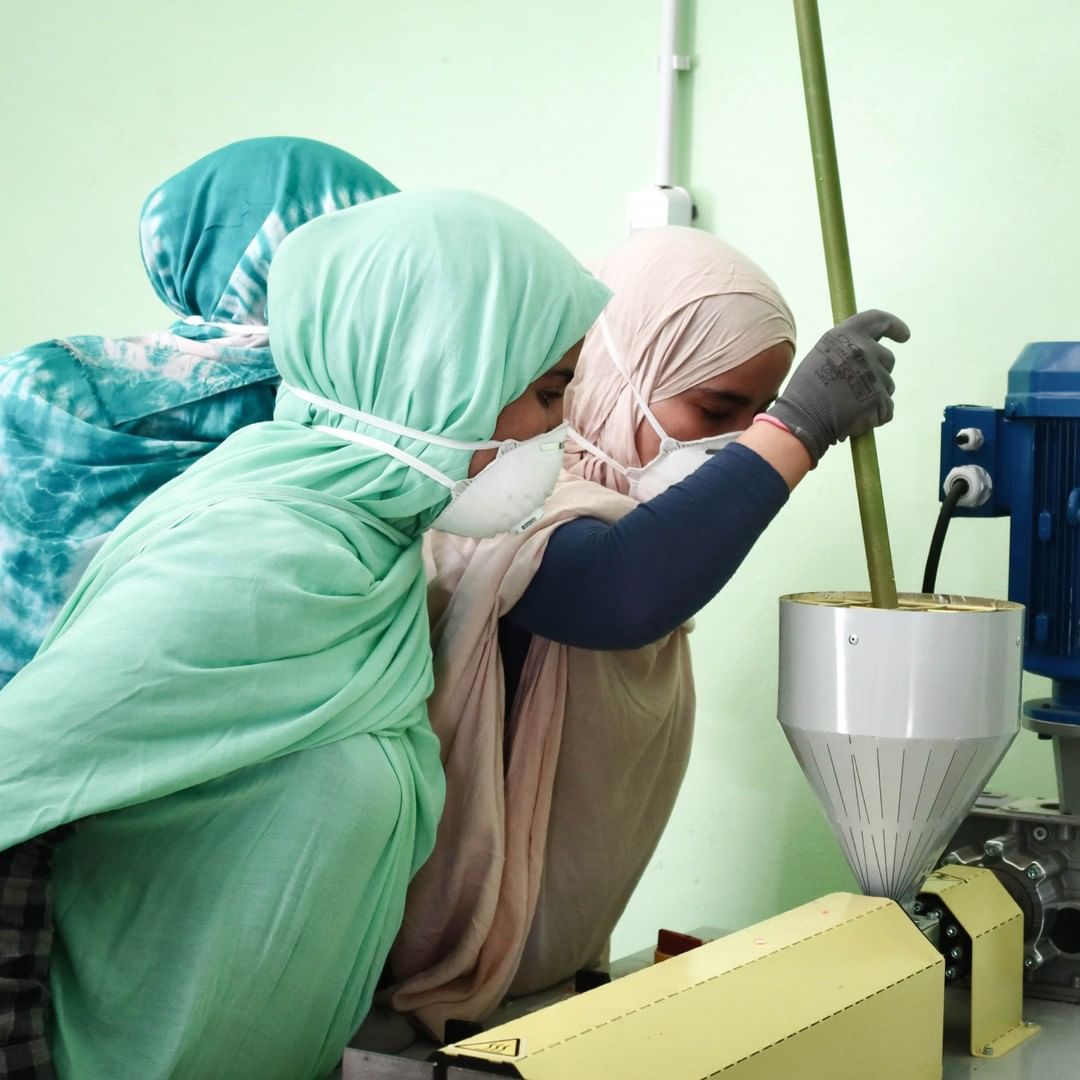There’s no denying the fact that planet Earth has a plastic problem.
Each year, humans are producing more and more plastic items, many of which end up in a landfill, burn pile, or clogging up our oceans. Non-recyclable plastic is causing demonstrable damage to the environment and is contributing to climate change, but there are people working to fight these effects every day.
Joseph Klatt is one of those people. Joseph is managing director of Precious Plastic, a global project that’s researching and developing solutions for the plastic waste problem around the world. They design recycling machines and bring them to impoverished regions of the world, then train locals how to use them. Their hope is twofold: To provide a new way to reuse the existing plastic we have in the world, and to provide paying work for people who may not have other options for employment.
As part of their mission, Precious Plastic is working with refugee camps like one in the middle of the Sahara desert in Algeria. Back in the 1970s, the Sahrawi people fled from Moroccan troops and landed there, and they formed a massive camp that exists to this day. Thousands of people currently live in the camp, which is sustained entirely by humanitarian aid.
The problem is, while food, water, and other supplies are trucked into the camp, their waste never leaves. There’s a massive and ever-growing pile of plastic waste on the outskirts of camp, and until Precious Plastic arrived, there was no hope of budging it.
“t’s almost like an island context–a somewhat closed ecosystem,” said Joseph. “There’s an opportunity to try to create a circular economy within that community.”
Hoping to establish a “circular” economy in the community means finding a way to recycle or repurpose their plastic waste into useful items that they need, like furniture and household items.
Precious Plastic brought in several machines that shred, wash, dry, and melt down the plastic into big sheets of material that can be used to make other items. The company is currently training refugees to use these machines, so when Precious Plastic leaves the area, they can continue their efforts in a self-sufficient manner.
“They were looking for a way to solve two problems,” Joseph explained. “One, they have a large refugee population there with a high unemployment rate. Everything is brought into the camps, so there’s not a lot of economic activity going on. And secondarily, there’s a lot of waste in the camp. They were looking for a solution to create a new business from processing the plastic waste and providing some economic activity for the refugees.”
Each day, refugees are using their new machinery to make school desks, benches, chairs, and even tea sets and playground equipment. Joseph says they were “super stoked” to have jobs that will improve their lives while also helping the earth.
The best part of the arrangement is that after the first year of operation, the refugees will become part owners in the facility! They will eventually sell their products to support their own infrastructure, funding schools and other social services within the camps.
This is a step in the right direction! Programs like this one may seem far away, but they’re setting an example for the entire world. What an innovative way to tackle a worldwide problem using local labor that directly benefits communities!
Watch the video below to learn more about Precious Plastics’ mission, and be sure to share.
Want to be happier in just 5 minutes a day? Sign up for Morning Smile and join over 455,000+ people who start each day with good news.



